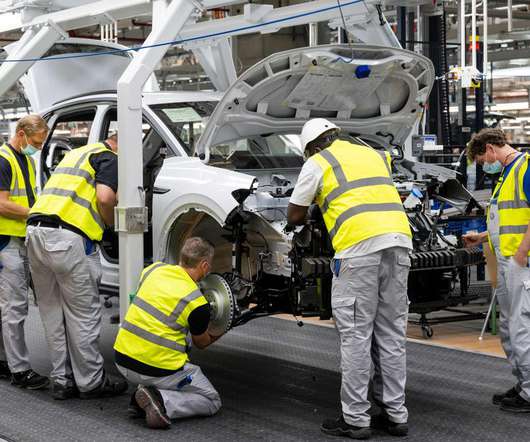BP Statistical Review finds global oil share down for 12th year in a row, coal share up to highest level since 1969; renewables at 2%
Green Car Congress
JUNE 13, 2012
Emerging economies accounted for all of the net growth, with OECD demand falling for the third time in the last four years, led by a sharp decline in Japan. Coal was again the fastest growing fossil fuel with predictable consequences for carbon emissions; it now accounts for 30.3% The averages hide a mixed picture by fuel, however.


















Let's personalize your content